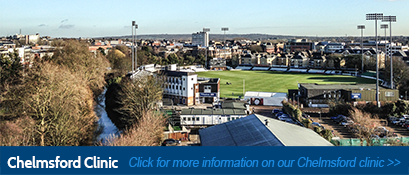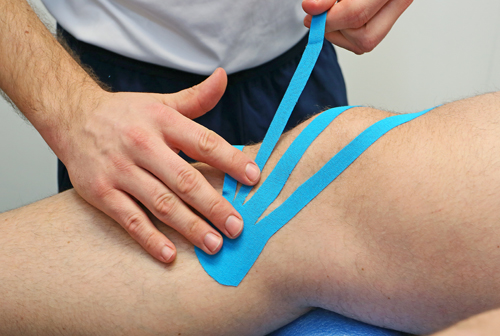Rotator Cuff Injury
What is it?
The rotator cuff is a group of important muscles and tendons in the shoulder joint. The four muscles of the rotator cuff are the supraspinatus, infraspinatus, subscapularis and teres minor. The most commonly injured is usually the supraspinatus. The rotator cuff is responsible for maintaining good shoulder movement when we move our arms. In certain instances these muscles and tendons can become injured. Firstly, they can become inflamed which can lead to pain during movement making normal activities such as brushing or combing your hair difficult. Occasionally the rotator cuff can tear which can lead to pain and loss of movement. Typically tears are divided into full thickness tears, which means the tear goes right through the rotator cuff or partial thickness tears which means part of the rotator cuff remains intact.
What we do?
During your initial physiotherapy assessment session your physiotherapist will ask you a series of questions about how you think you may have hurt your shoulder. Your physiotherapist will then take you through a series of tests to determine the extent of your injury. This will include a range of movement and strength tests that will test the rotator cuff for signs of inflammation and weakness.
What are the benefits?
Many people with rotator cuff injuries can benefit from rehabilitation from a chartered physiotherapist. Dependant on the extent of your injury your physiotherapist may work to loosen tight muscles and strengthen those that are weak using a variety of techniques outlined below.
How can we help?
A rotator cuff injury is no fun. However once your diagnosis is confirmed we aim to reduce your pain and improve your movement using a variety of treatment techniques including:
- Massage
- Joint mobilisation
- Capsular stretches
- Acupuncture
- Taping
- Postural correction
- Electrotherapy
- Rehabilitation
What should you do?
If you think you have a rotator cuff injury you should seek an assessment with a chartered physiotherapist. It is important to seek early treatment to prevent you developing unwanted compensations. You can call us or email us to discuss your condition or to book in for an initial assessment session. If we think we can help you we will say so, if not we will refer you on to a shoulder specialist for further assessment and possibly investigation. Occasionally, a shoulder injection or surgery is required
To arrange an appointment or speak to a physiotherapist, call or email on:
Southend on Sea: 01702 521 042 or info@physioacademy.co.uk
Chelmsford: 01245 254 069 or chelmsford@physioacademy.co.uk





























